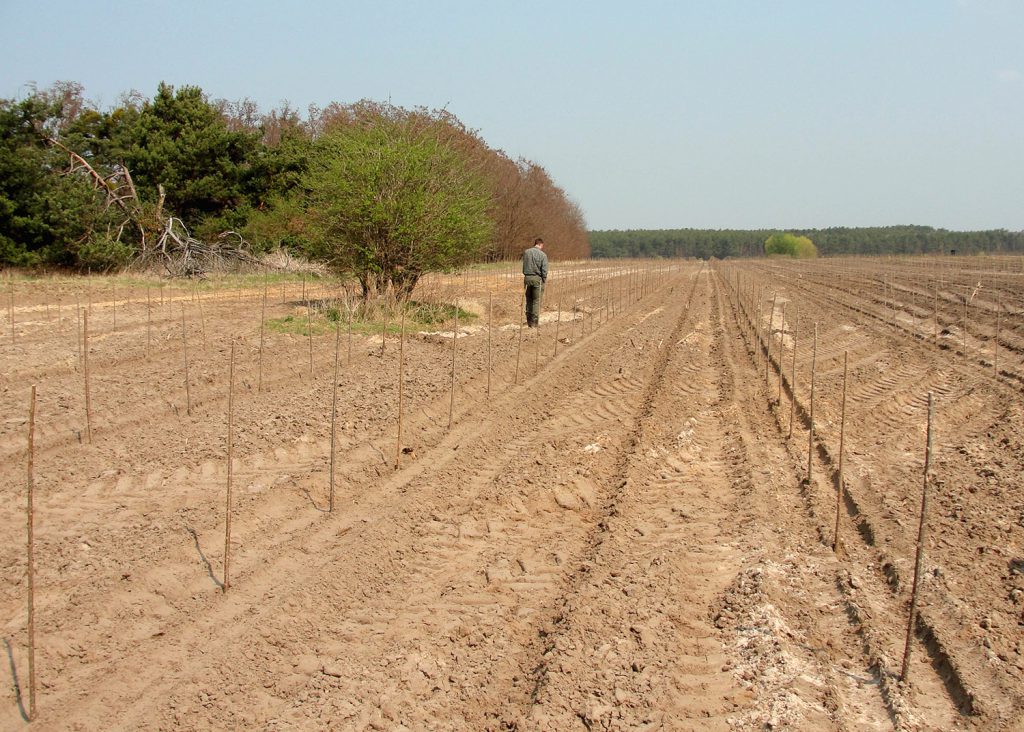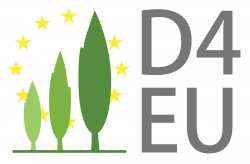New publication! The D4EU Coordinator Team addresses severe hurdles in the establishment of sustainable agricultural tree crops.

For the establishment of poplar plantations a lot of different factors have to be taken into consideration. It is not only about to find the right soils or water conditions. You also have to overcome some legal obstacles.
During the process of land acquisition it became clear that there might be a lack of clear policy. Farmers are worried whether today’s subsidies for short rotation plantations with poplars will be provided in the future. However, as climate change mitigation is a key strategy of the EU we think we can rely on a positive further evaluation of SRC establishment, as one of the very efficient mitigation steps.
And, when talking about barriers and policy, the recent novel of nature conservancy legislation in the Slovakian project region must be mentioned. Now, the consent of the environmental authority is needed for planting non-native species of poplars. As there are worries about the potential hybridisation of non-indigenous poplar hybrids with the indigenous black poplar, we investigate the potential effect of our plantations not only on biodiversity but also on the indigenous genetic material which is present in Slovakia.
The preliminary results of our research show that the plantations pose NO risk to the indigenous populations, as the low likelihood of hybridisation is excluded by the early timing of harvest. We harvest the poplars after the 4th to 6th vegetation season. This is before the poplar reach their maturity, thus they cannot produce reproductive material.

To reach the climate change mitigation goals of the EU we would recommend that a unified clear legal framework should be established on European level to help to overcome these regional political constraints.
